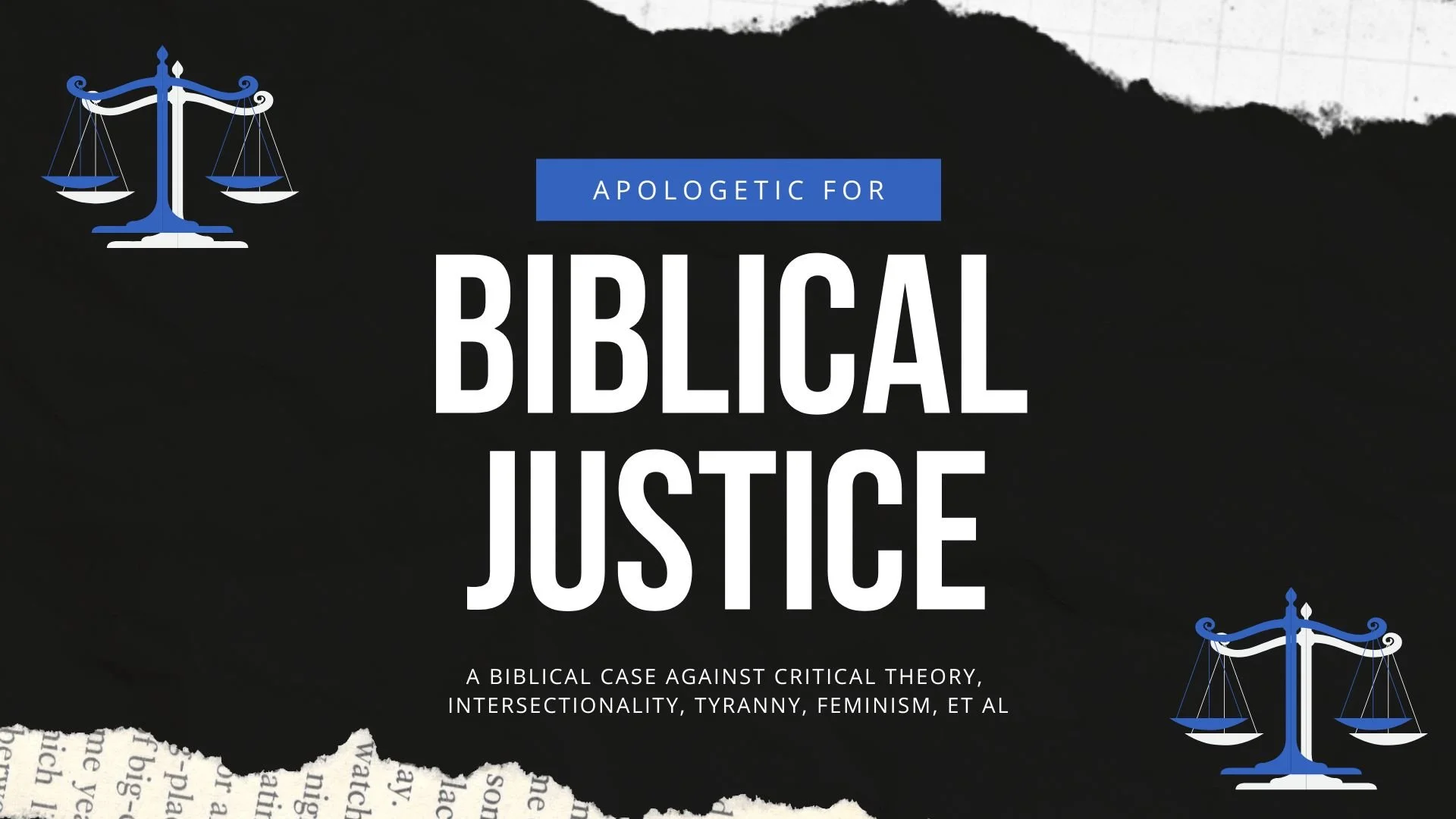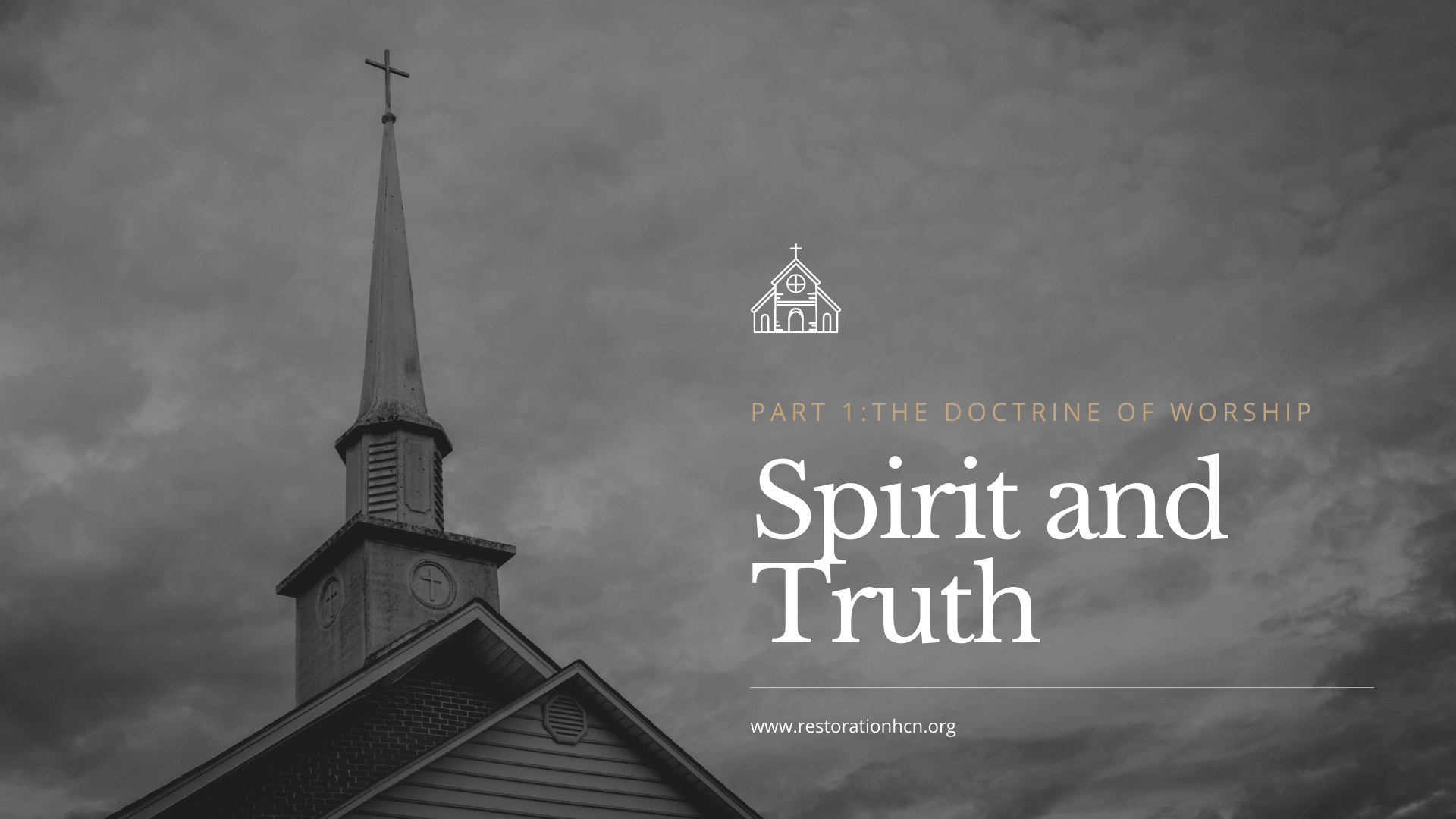The book of Acts is about the proclamation of the Gospel, and the Holy Spirit is the Star. The recurring pattern of this book is that the Holy Spirit does something, and the gospel is preached. Chapter five is no exception. In the first section, we see the account of Ananias and Sapphire lying about their donation to the Church. Pastor Dan clarifies some misconceptions about why these two faced such a severe punishment. Along the way, we learn that the voluntary donation of resources in the church, which provides for the poor, is nothing like Marxism/Communism. The last part of the chapter addresses the apostles’ civil disobedience against the apostate religious leaders of Jerusalem and the magisterial authority of the Roman government, which they welded.
When should we disobey governing authorities? When should we defy religious authorities? Acts 5 provides a clear example of when to obey God rather than men. Praise God that the gospel remains as its enemies are converted, destroyed, or forgotten.




















